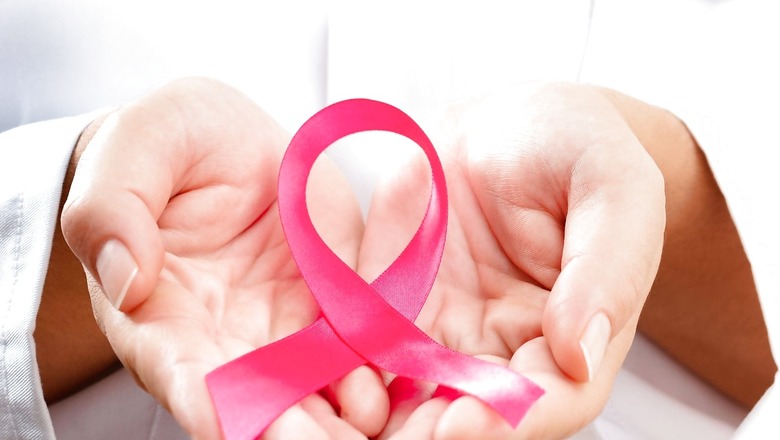
views
Dostarlimab is the name of a drug that was used as a synonym to “hope” starting this week on social media platforms for “curing” cancer. Termed a “massive breakthrough”, a study has found that the drug helped treat rectal cancer — for the first time in history.
In all 12 patients, rectal cancer disappeared after immunotherapy for six months without the need for the standard treatments of radiation, surgery, or chemotherapy.
Manufactured by GlaxoSmithKline, dostarlimab is not a ‘new’ drug.
It was approved for use in the United States and the European Union in April 2021 and is used for the treatment of endometrial cancer and solid tumours that have progressed on or following prior treatment and for those who have no satisfactory alternative treatment options.
The drug, which is a monoclonal antibody marketed under the brand name Jemperli, works by changing the action of the body’s own immune system.
While the results of the trial are encouraging, the science experts want to buy more time before calling a victory over cancer.
Separating hype from the truth, scientifically the results of the trial published in The New England Journal of Medicine conclude that “longer follow-up is needed to assess the duration of response”.
“The NEJM article clearly identifies the limitations of the study. It doesn’t talk of costs, though. The trouble is that the study results have been massively hyped and blown out of proportion. People are wondering if modern science has finally found a cure for cancer,” Dr SP Kalantri, professor of medicine and medical superintendent at Mahatma Gandhi Institute of Medical Sciences, Sevagram, wrote on Twitter. “People are busy forwarding WhatsApp messages that all cancers shall soon vanish. Such sweeping generalisations do more harm than good.”
Here are six reasons why it’s too early to believe that cancer now has a cure:
1. If it works, it’s for a very small subset of patients
According to Dr CS Pramesh, director of Tata Memorial Centre, a well-known medical institute for cancer treatment in India, “MMR-deficient rectal cancers account for less than 10% of all rectal cancers.”
“This subgroup of patients was selected because they are exquisitely sensitive to immunotherapy. Which means that the results are applicable to a small proportion of all patients with rectal cancer,” he wrote on Twitter.
Overall, as per ICMR, in India, the annual incidence rates of rectal cancer in men are 4.1 per lakh.
2. Cost of treatment is unviable
Dr Pramesh further wrote that “the cost of the treatment is not trivial — overall treatment costs of 9 doses of the drug (which were given during the study) is expected to range anywhere from Rs 50 lakh to 1 crore (100,000 USD), which puts it out of reach for most patients in LMICs.”
LMICs are lower- and middle-income countries, including India.
“If the drug is seen to be beneficial in future studies, the cost needs to come down to make it affordable to the vast majority of patients with cancer — let us not forget that 70% of all cancers are expected to occur in low- & middle- income countries,” he said.
3. No information regarding remission, till now
Public health expert Dr Ash Paul believes that “very little is known about the duration of time needed to find out whether a clinical complete response to dostarlimab equates to cure or whether the patients are in remission…”
He believes that the median follow-up is still short with a median of 6.8 months.
“We know from OPRA trial that 88% of tumour regrowth can happen up to 2 years after completion of TNT [total neoadjuvant therapy],” he said.
OPRA is an acronym for a US-based trial named Organ Preservation in Rectal Adenocarcinoma.
“Very little is known about the duration of time needed to find out whether a clinical complete response to dostarlimab equates to cure,” he said.
Finally, the only endpoint available right now is an overall response, with no data on survival or other clinically relevant outcomes.
4. Small sample size of the study
The study — which was a phase-2 trial — was done on only 12 patients. Experts suggest that these findings must be replicated in a larger trial that involves patients from diverse racial and ethnic backgrounds.
“Though the initial signs are positive, we need to travel a long way before we term it as a magic drug,” said Dr JB Sharma, head of the department and senior consultant, medical oncology, Action Cancer Hospital, Delhi.
“It is not a new drug but a combination of already approved drugs that are used for immunotherapy across the world. Some of the drugs used in this combination have already shown positive results when used individually for the treatment of specific cancers.”
5. Single centre-based results
All patients were enrolled at just one centre – MSK Cancer Center. The US-based institute, experts pointed out, “arguably has extensive expertise in management of rectal cancer”.
Its website claims to have specialists from all areas of rectal cancer care who will tailor a plan specifically for the patients. “Our areas of expertise include surgery, chemotherapy, radiation therapy, rehabilitation, follow-up care, and quality-of-life issues. Having all of MSK’s experts work together helps us ensure that we choose the best combination of therapies to treat the cancer and give you the best possible result,” it says.
6. Success may not be similar in phase 3 or other cancer trials
While it has been described as a “first time in history” kind of result in cancer treatment, experts suggest caution and prefer to trust science and the process.
The results of the trial may or may not produce similar results in other cancers and hence, it’s too soon to declare the cure for cancer, as such.
Dr Vinay Prasad, a haematologist-oncologist and associate professor at the University of California, San Francisco, in his video explainer on his YouTube channel calls the trial results impressive multiple times. However, he doesn’t believe that the success of the trial can be replicated among other cancer treatments as well.
“I doubt that it will be the case (that) it will work as impressively (in other cancers)… (latest results are) impressive, it’s like you might just have stumbled upon a sweet spot,” he says. “Just cherish it.”
Read all the Latest News , Breaking News and IPL 2022 Live Updates here.










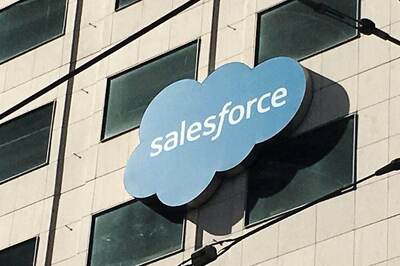





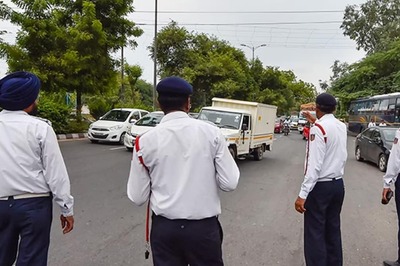
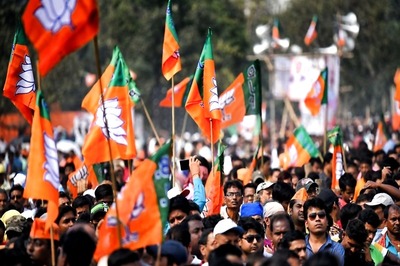
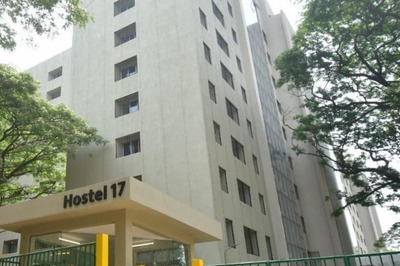

Comments
0 comment